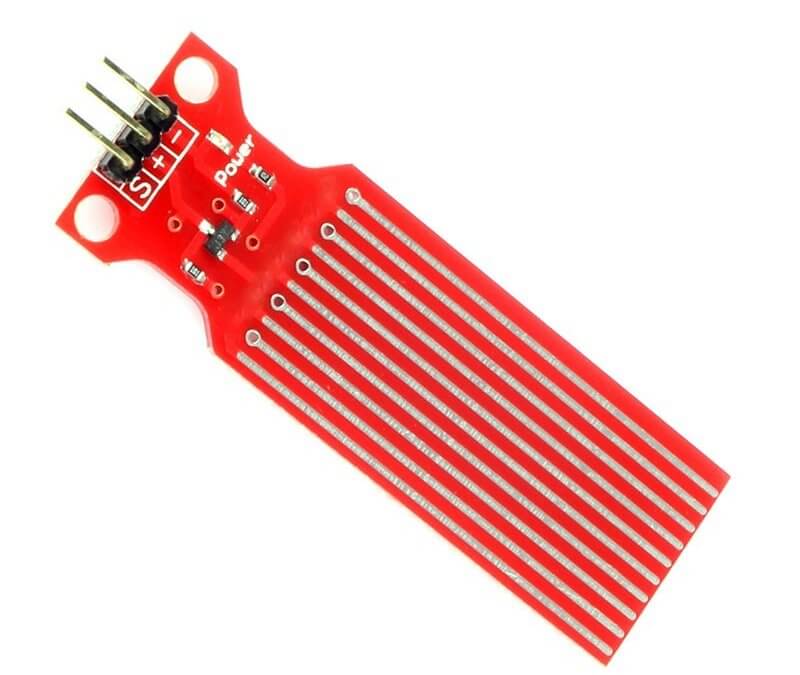
by Xukyo | 21 Apr 2022 | Tutorials
The water level sensor is designed to detect water, it can be widely used to detect precipitation, water level in a cavity or even liquid leakage. The sensor is mainly composed of three parts: an electronic connector, a 1 MΩ resistor and several lines of bare wire....
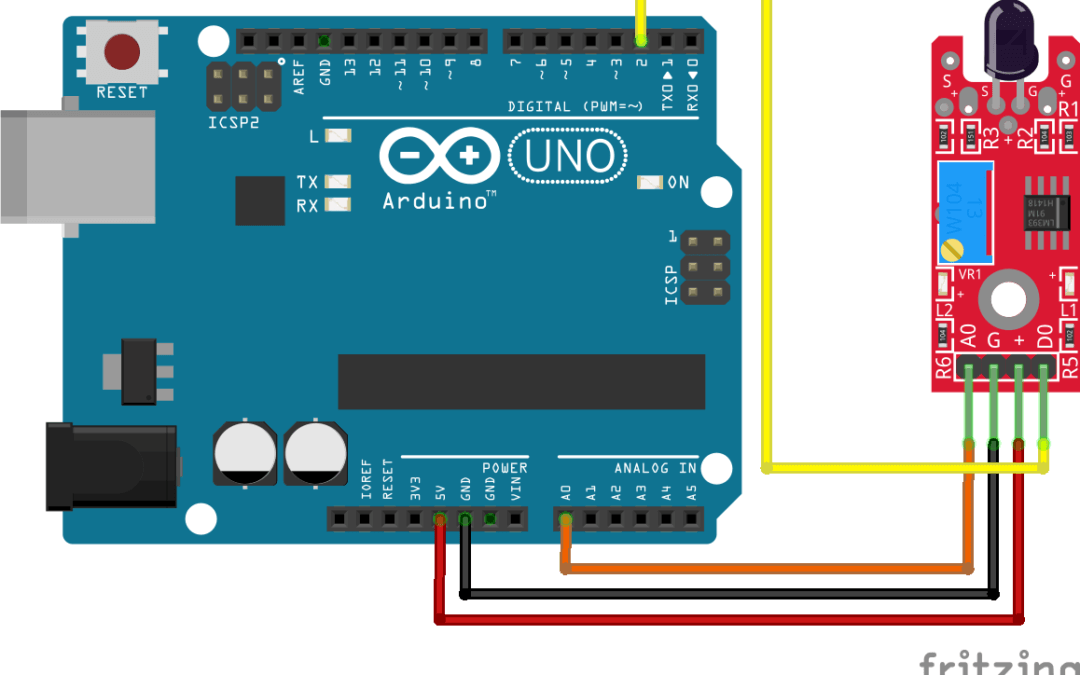
by Xukyo | 19 Apr 2022 | Tutorials
The KY-026 flame sensor module detects flames using an infrared receiver that will pick up light emissions from heat sources. This tutorial is applicable to all Arduino compatible boards. Material ComputerArduino UNOUSB cable A Male/B MaleFlame sensor KY-026 Principle...
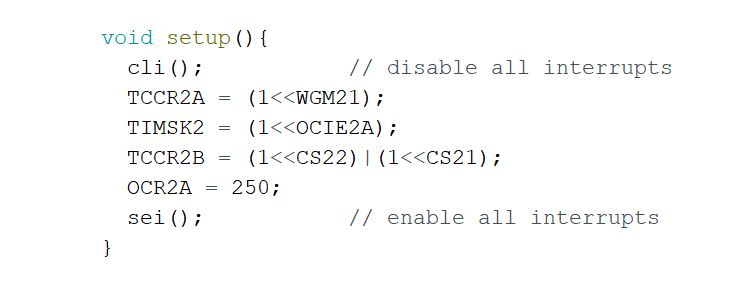
by Xukyo | 13 Apr 2022 | Tutorials
The use of timers in Arduino is an advanced method to execute code without disturbing the rest of the program. They allow to activate functions at specific time intervals. Timers are used in many libraries in a completely transparent way for the user (millis(),...
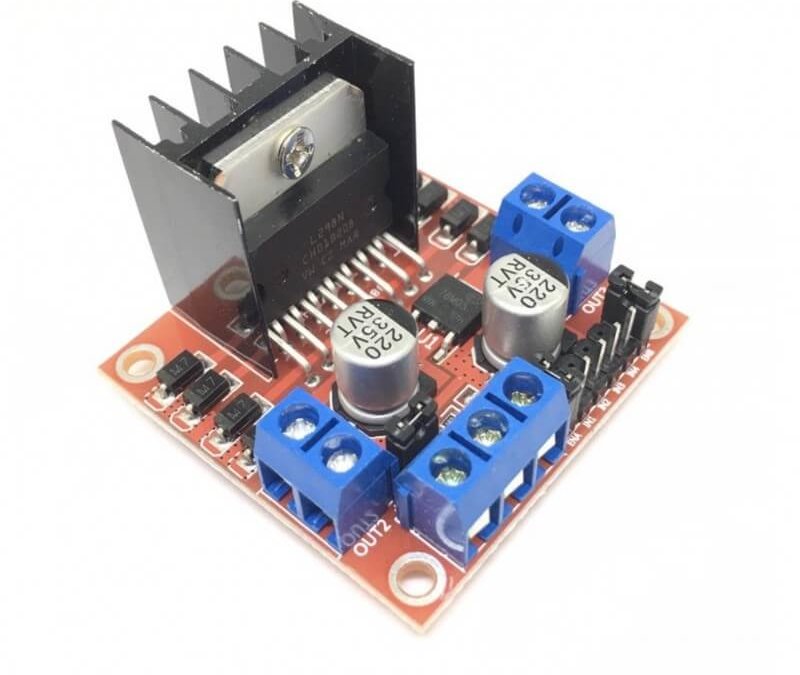
by Xukyo | 11 Apr 2022 | Tutorials
The L298N module is a development board based on the L298N integrated circuit allowing the driving of a DC motor or a stepper motor. We have already seen the use of the H-bridge. It can be found as a convenient module to use with different performances depending on...
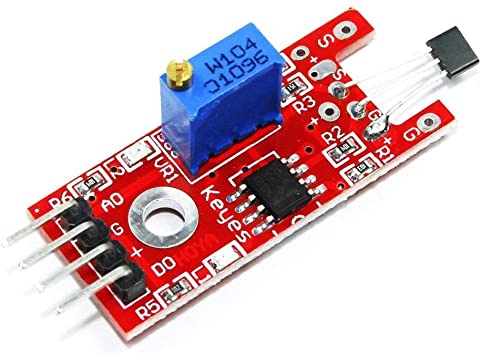
by Xukyo | 11 Apr 2022 | Tutorials
The KY-024 Hall effect linear magnetic sensor reacts in the presence of a magnetic field. It is equipped with a potentiometer to adjust the sensitivity of the sensor and provides two analog and digital outputs. Material ComputerArduino UNOUSB cable A Male/B MaleHall...
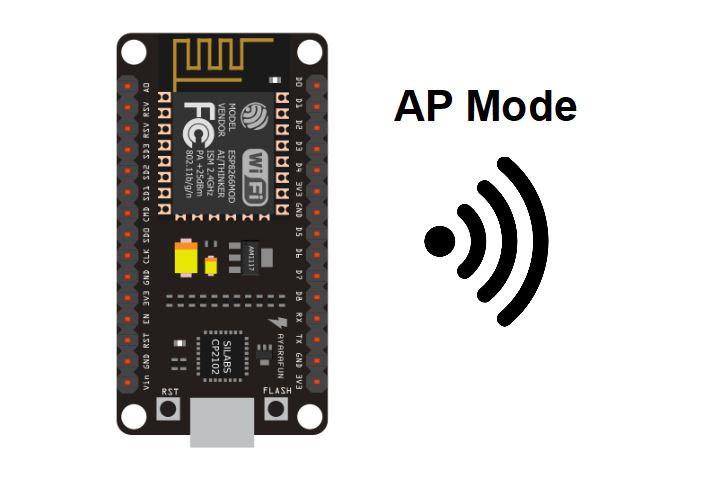
by Xukyo | 11 Apr 2022 | Tutorials
The esp8266 microcontroller can be configured as an access point (AP) and generate its own wifi network with ssid and password. This method is useful when you do not have access to a wifi network or if you want to work on a network specific to the microcontroller....
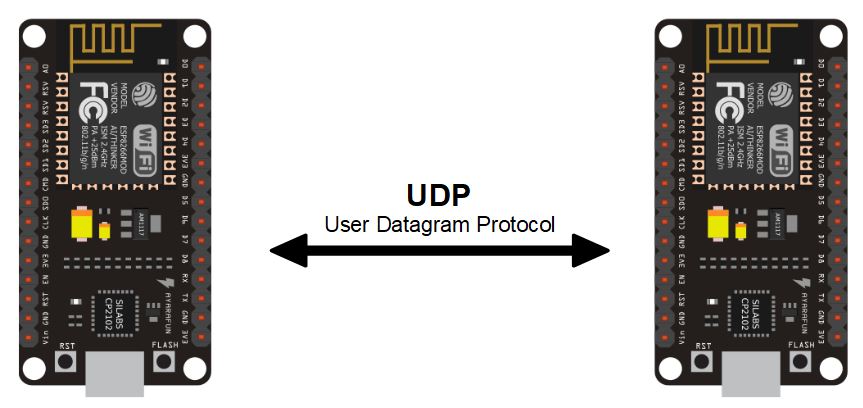
by Xukyo | 31 Mar 2022 | Tutorials
The NodeMCU ESP8266 is a small microcontroller with a Wifi chip. It is possible to establish a communication between two ESP8266, when they use the same network. In this tutorial, we will see an architecture with two NodeMCUs that will exchange data via the UDP...
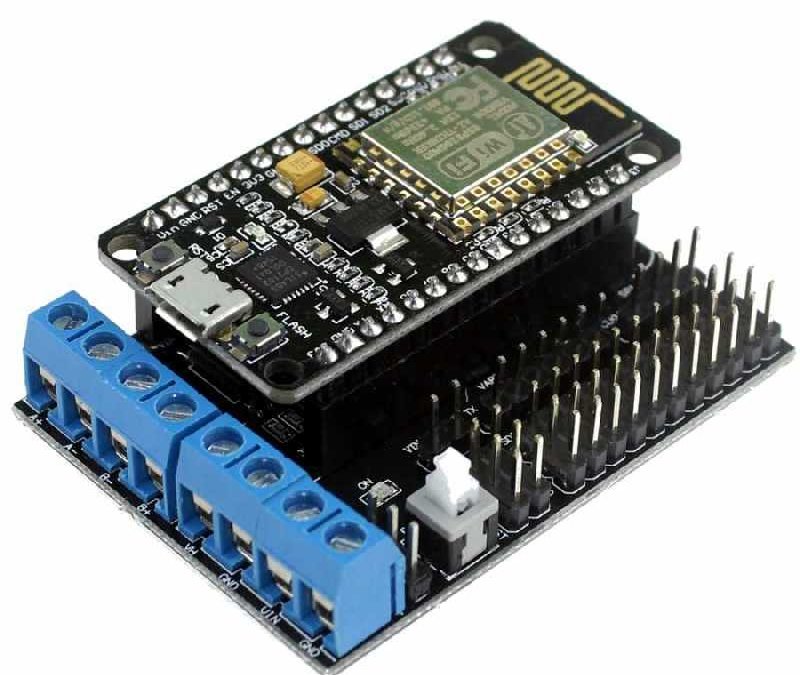
by Xukyo | 31 Mar 2022 | Tutorials
The ESP12E Motor Shield is an expansion board that allows an Amica ESP8266 NodeMCU (V2) to drive two DC motors or one stepper motor. We have seen how to drive a DC motor using an H-bridge which can require a lot of wiring when using the simple IC. For an embedded...

by Xukyo | 29 Mar 2022 | Tutorials
The Arduino FlexiTimer2 library is a library that allows to activate functions at regular time intervals. It allows, as such, to make multitasking programs with Arduino microcontrollers. This method is useful when you want to operate two motors in parallel...

by Xukyo | 18 Mar 2022 | Tutorials
Interrupts allow the microcontroller to execute a function when an event occurs on one of the interrupt pins. Instead of constantly reading the value of a sensor, the program will only be triggered when the value of the sensor changes. This solves many task layout...










